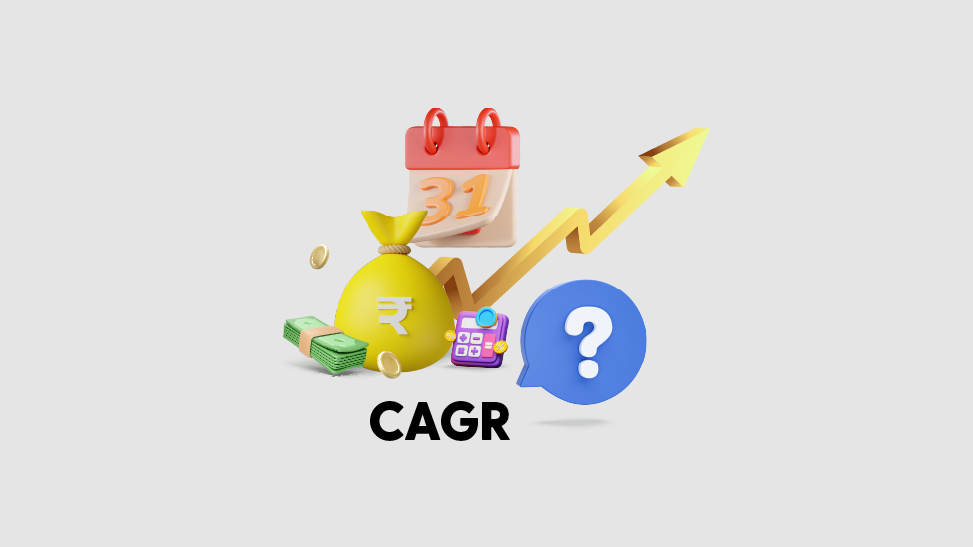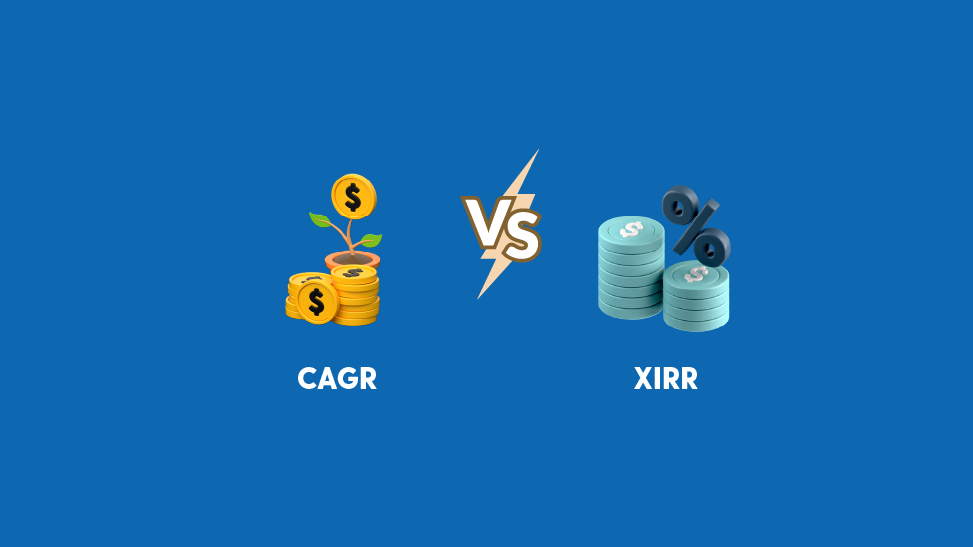Why the central government has no plans to bring fuel under GST?

- Published Date: January 06, 2021
- Updated Date: January 24, 2025
- By Team Choice
Recently, a massive surge in fuel prices in India is creating a hole in the pockets of common citizens. Petrol has crossed Rs 100 mark in some states for the first time giving huge shakeups to people. Amid rising fuel prices, Finance Minister Nirmala Sitharaman told parliament that there was no proposal at present to include crude petroleum, petrol, diesel, natural gas and Aviation Turbine Fuel (ATF) under the Goods and Services Tax (GST).
Now here comes the big question –why the central government is maintaining cold feet in bringing fuel under GST inspite of its savagely high prices?
Well, before we bang this mystery, perhaps it would be ideal to talk about fuel in general.
Commonly, any substance when flamed produces a usable amount of energy is fuel, say petro fuel, diesel, jet fuel and natural gas. This fuel has a wide range of applications such as powering vehicles, ships, and airplanes as well as providing electricity for homes and buildings.These are the common uses where the thinking goes when people think about fuel. Crux of the matter–because of its many uses, fuel is a crucial factor in the economy.
However, fuel is finite resource which is either extracted straight from the Earth or produced by refining. Particularly, crude oil is heated until it boils to get fuels. Talking in context to India, it imports maximum of its crude oil from Iraq and North America. Although, India itself produces a 7.8% of its total proven reserves, on the flip side it imports almost 96% of its oil consumption. Though dependence on other countries for oil has its own complications and issues but this is just a tip of the iceberg.
Ok, now it’s time to talk turkey
International crude oil prices took a major-hit due to the pandemic like situation around the globe. But, here’s the thing. With the crude oil prices climbing back to pre- pandemic levels, consumers around the world are paying more for petrol and diesel. But, Indian consumers in particular are paying more than others chiefly because India has the highest rate of central and state taxes on fuel in the world. The retail prices of fuel do not depend only upon the crude oil prices. In fact, there is a huge difference between the retail price of fuel and basic crude prices.
For example: - As of 1st March 2021 in Delhi for petrol, fuel price after Processing i.e. ready to send to petrol pump is Rs 33.54 per litre. After which excise duty that stands at ₹32.9 per litre along with other taxes gets levied on petrol making the price go up at Rs 70.13 per litre. While VAT varies from state to state, it is Rs 21.04 / litre on petrol in Delhi. This way, the final value ends up being at a whooping Rs 91.17 per litre. Quite bizarre you see!
Now, why tax rate on fuel is so high in India, you’ll ask?
The biggest reason –Revenue. Taxing fuel is the biggest income source for not just the central government but also for state governments. So when GST was implemented in India, the prominent goods that were kept out of the preview of GST were – fuel and liquor. While a large chunk goes in the treasury of state government by taxing liquor, fuel is taxed at the larger level by the central government. So the government is increasingly depending on taxing petrol and diesel to make up for their revenue.
Moreover, inclusion of fuel in GST would require recommendation of the GST council that has no plans so far to add these goods under GST because of relevant factors and revenue considerations.
After all, Excise revenue from petrol and diesel is about Rs 3343 billion in 2019-2020, way more than 1720 billion in 2014-15 collected by the Union Government. It accounts for 85-90 percent of all excise collected by the Union Government. For the State Governments the increase in VAT revenue was about 37 percent from Rs 1605 billion to Rs 2210 billion for 2019-2020 as per Observer Research Foundation.
Hopefully, as per the reports of SBI economist, petrol and diesel prices can fall when bought under the GST regime. Yet, at the same time this move can wipe out Rs 1 lakh crore of revenue belonging to both centre and state. Now that calls for a terrible dilemma. As the stumbling block in the way is revenue implications.
So Yeah! In no time soon the government seems to budge on bringing petrol and diesel under GST regime given the fear of revenue loss.
For now, the central government and GST council has a lot to do on making the fuel affordable for common people.
Until this, keeping fingers crossed as what will happen next is yet to know!
Recommended for you

Mahindra Lifespace Developers Ltd Right Issue 2025

Purple Finance Ltd Right Issue 2025

Compound Annual Growth Rate (CAGR): Your Complete Guide
